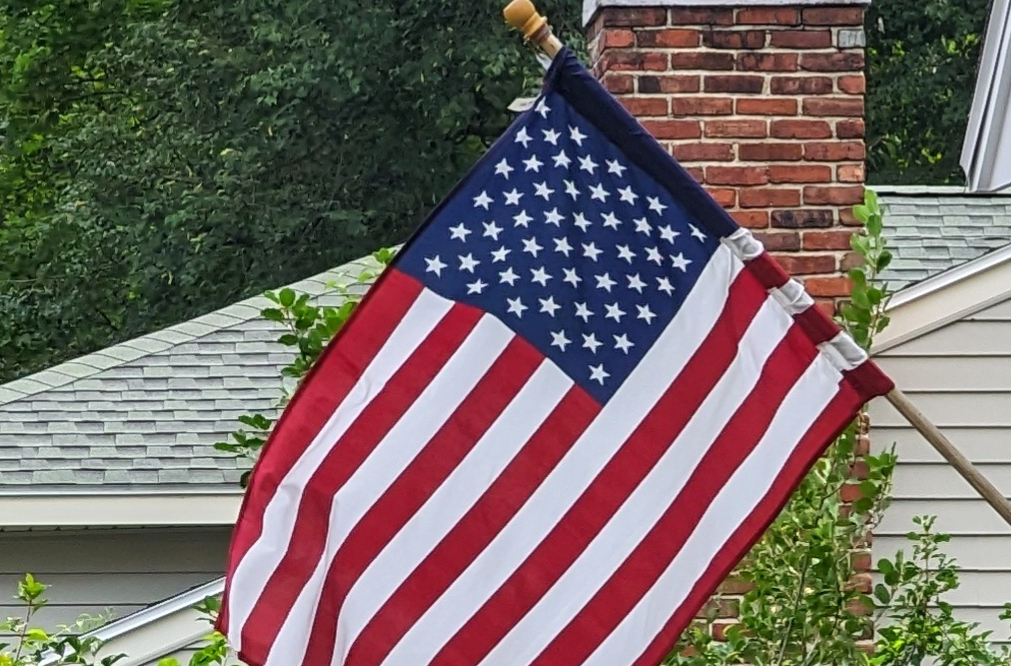
Continuing a Tradition of Civics Excellence
By Mike Sabo With new institutes emerging at colleges and universities in Florida, Ohio, Utah, Tennessee, North Carolina, Texas, and elsewhere, civics education may be
By Mike Sabo
With new institutes emerging at colleges and universities in Florida, Ohio, Utah, Tennessee, North Carolina, Texas, and elsewhere, civics education may be seeing a rebirth. “We need these civics centers at every institution of higher education in America,” says political theory professor Richard Avramenko.
Avramenko, a Jack Miller Center faculty fellow, will be taking over as director of an already established civics institution in July: the School of Civic and Economic Thought and Leadership at Arizona State University. He will be moving from the frigid winters of Wisconsin to the dry desert heat of central Arizona, where he will direct SCETL, ensconced at ASU’s Tempe campus.
He aims to carry on the mission of SCETL’s founding director Paul Carrese, who Avramenko says did “a wonderful job” in his seven years heading the school. He adds that Carrese faced a great challenge in getting SCETL up and running, which he achieved through a “determined and dogged persistence.”
As he prepares to take the reins himself, Avramenko plans to “normalize procedures,” expand an already well-functioning department, and find ways for “SCETL 2.0 to integrate our mission more fully with the mission of Arizona State University.”
Founding civics institutes is a difficult task, he says, as these efforts are often met with “fierce resistance on college and university campuses.” He is leaving the University of Wisconsin-Madison after trying unsuccessfully for nearly a decade to establish a civics school there.
At SCETL, Avramenko aims to inculcate in students a civics education that, according to his pithy definition, studies “how we live together without killing each other.”
The fundamental question of civics, he says, is this: “Why should we care about people beyond our own family?” Avramenko maintains that “living together in a civitas – in a political community – requires a particular mode of thinking that is unnatural to human beings.”
“The teaching of civics,” he continues, “means allowing students and citizens to understand their own American framework and to critically assess it. Importantly, it also means understanding that there are other broad frameworks for understanding the world.”
Americans came to develop a particular framework that has enabled us to navigate through difficult challenges, most obviously in the Civil War. The problem in American higher education now, as Avramenko sees it, is a weakening in the “ability for people to understand different dispositions that people bring to their political and personal lives.”
He believes that serious civics study is needed to counter the materialism, perfectionism, and egalitarianism that students tend to bring with them to the classroom today. “It is our job in civic institutes to provide the opportunity to probe deeply into different views of the world,” a necessary habit, he says, for a community of thoughtful citizens.
This is why he often presents his students with “three radically distinct modes” for understanding the world: Achilles (Homeric), Socrates (Platonic), and Jesus (Augustinian). Unfortunately, most universities today don’t take such a broad-minded approach. “If you’re only getting a Marxist view of the world,” you’re going to receive a “completely impoverished” education, Avramenko says.
Civics centers should provide a basis for students to understand these multiple frameworks at a deep level. Going forward at SCETL, Avramenko wants to work on building out a program that “yields free and responsible citizens” who have engaged with the world outside of themselves.
He would like to establish a pre-law program to “teach students the spirit of the jurist as a mode of thinking, a technique that allows them to form their minds and bring the wisdom of the past to bear on our day.” Avramenko also wants them to incorporate economics, philosophy, and politics into their thinking to ensure that they have a comprehensive understanding of a topic in question.
To inculcate this pluralist approach, he is also looking to create a course that teaches classic literary texts, including Shakespeare and the great American novels.
For those interested in creating similar civics centers, Avramenko points to Arizona’s legislation that begat SCETL, which “serves as a great model for other states to emulate.” And these institutes should not simply be limited to red states. Blue states need them, too.
A bipartisan civics renaissance is a worthy and timely goal.
Mike Sabo is the editor of RealClear’s American Civics portal.

By Mike Sabo With new institutes emerging at colleges and universities in Florida, Ohio, Utah, Tennessee, North Carolina, Texas, and elsewhere, civics education may be
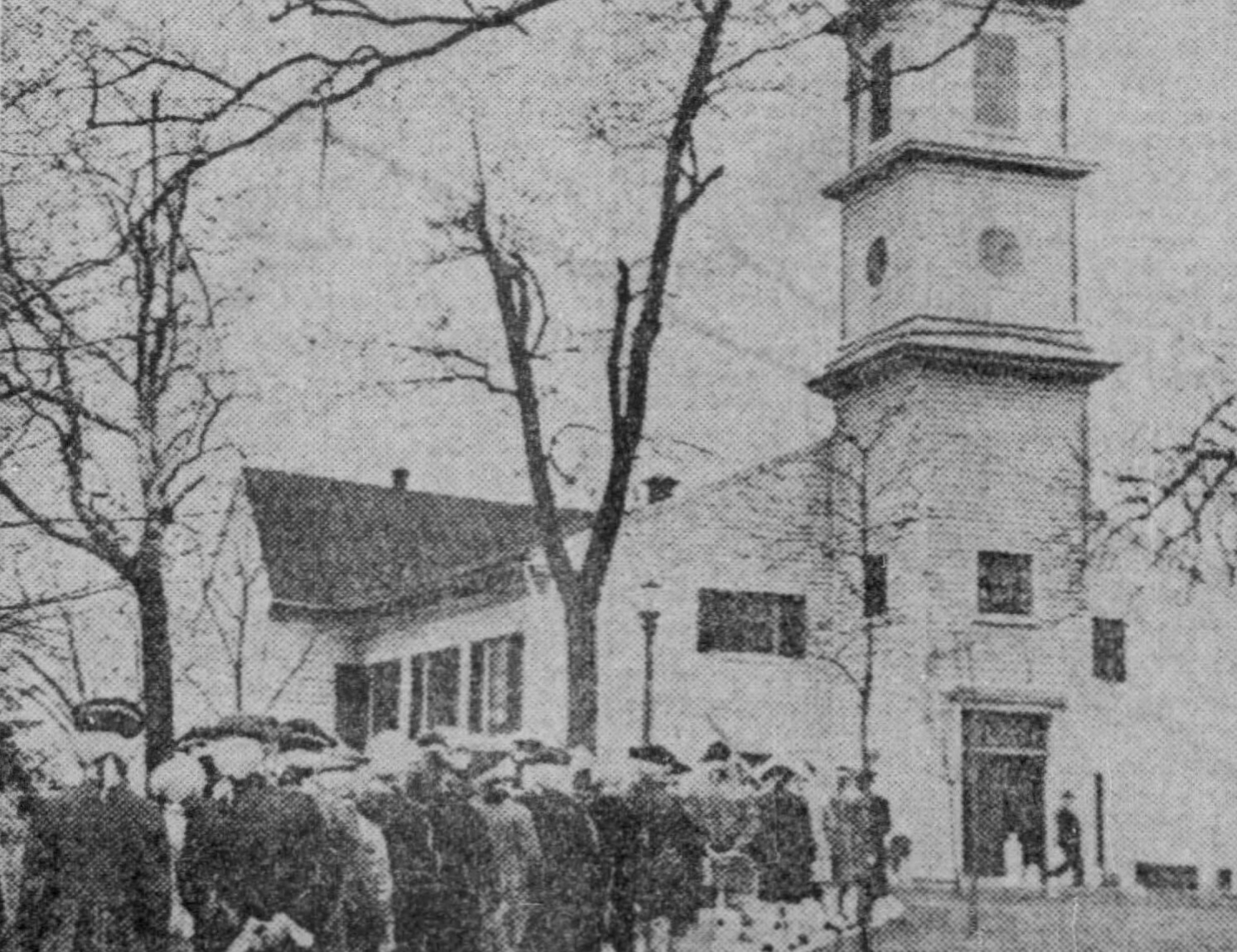
By John A. Ragosta On March 23rd in 1775, Patrick Henry rose at St. John’s Church in Richmond, Virginia, to urge his countrymen to arm
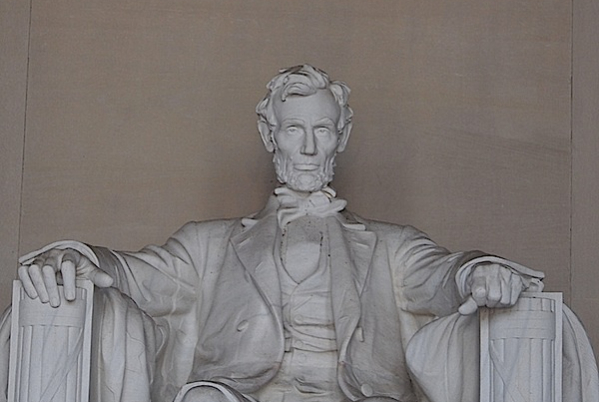
By Brian Matthew Jordan One hundred and fifty-nine years ago this Sunday, a 26-year-old white supremacist and Confederate sympathizer named John Wilkes Booth pointed a
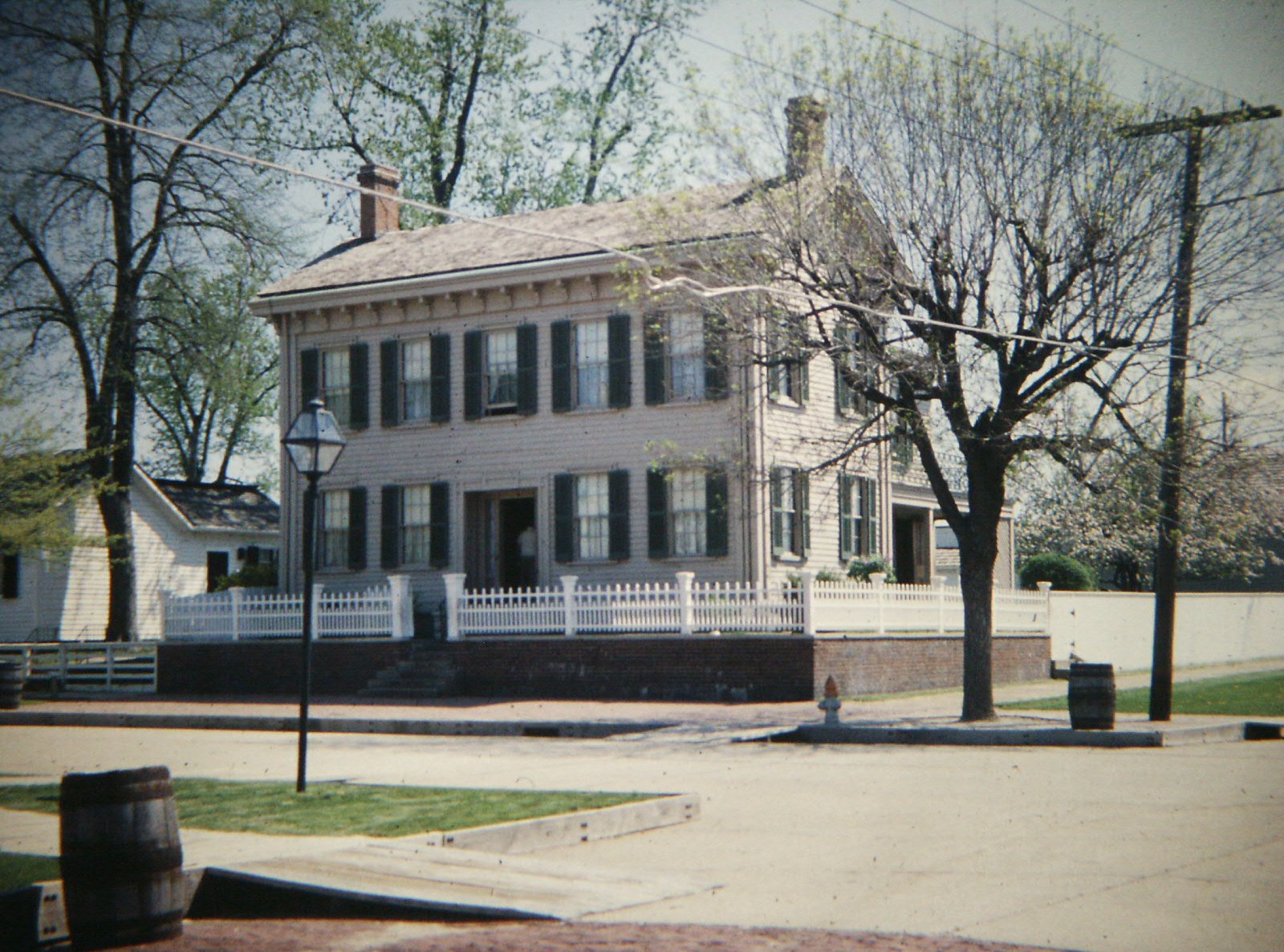
By Jonathan W. White Historians and the general public regularly rank Abraham Lincoln as America’s greatest president. There is little doubt that he is widely
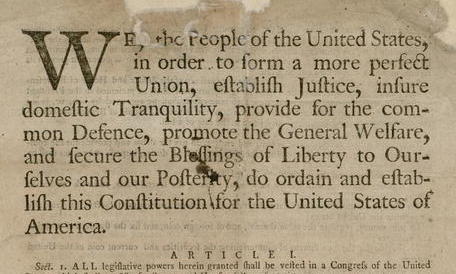
By Hans Zeiger December 15th marks Bill of Rights Day, which commemorates the 232nd anniversary when the first ten amendments to the U.S. Constitution were

The Patriot Week Foundation achieved its 501(c)(3) status in December 2012 and has moved forward by building a sustainable, nonpartisan organization. Currently staffed with an Operations Manager and Education Consultant, the Patriot Week Foundation will be adding to its complement of talent shortly.
This unique, historically grounded, non-partisan approach is desperately needed in our toxic political environment. In no small measure, the fate of the nation depends on it.
Get in Touch
Fill out the form, our team will get back to you ASAP.